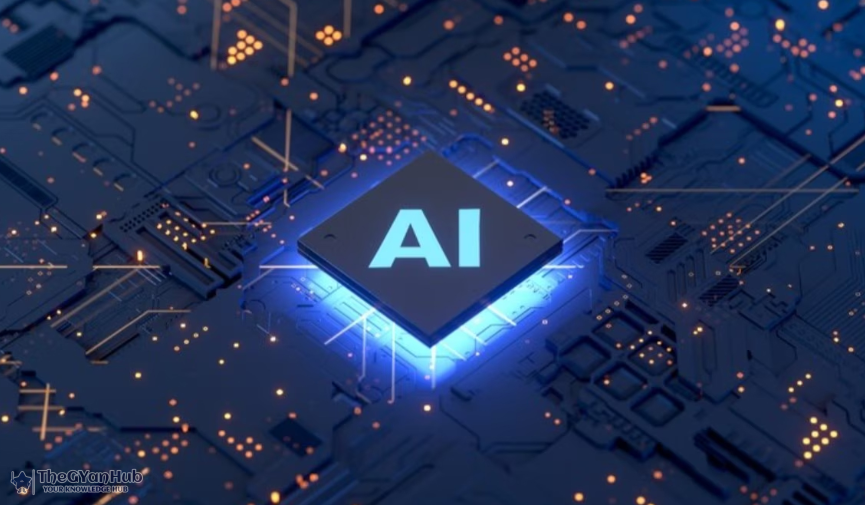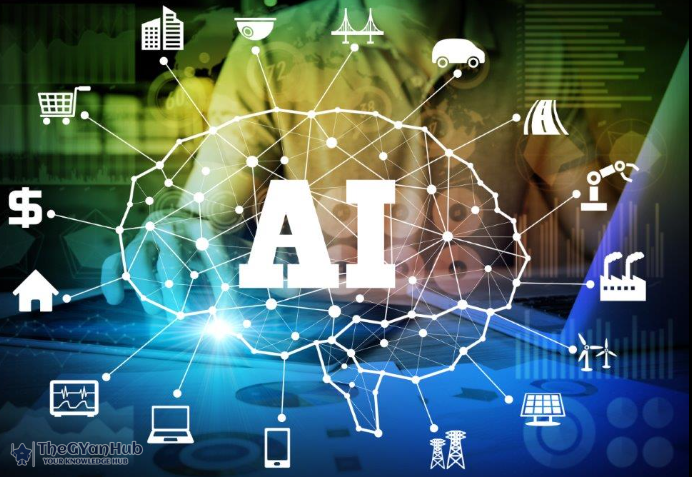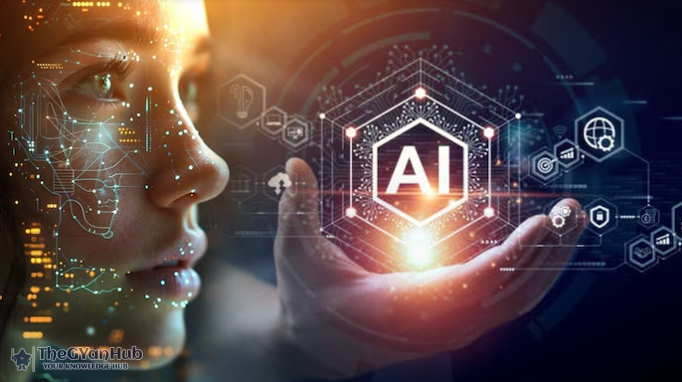I’m a passionate writer who loves exploring ideas, sharing stories, and connecting with readers through meaningful content.I’m dedicated to sharing insights and stories that make readers think, feel, and discover something new.
The Role of AI in India's Economic Landscape
Artificial Intelligence (AI) is rapidly becoming a cornerstone of economic development worldwide, and India is no exception. With its burgeoning tech industry and a vast pool of skilled professionals, India is uniquely positioned to leverage AI to drive economic growth. The integration of AI into various sectors can lead to increased efficiency, innovation, and job creation.

Enhancing Efficiency Across Industries
AI technologies are being deployed to streamline operations across industries such as healthcare, agriculture, and manufacturing. In healthcare, AI can assist in diagnosing diseases with greater accuracy, while in agriculture, it can optimize crop yields by analyzing weather patterns and soil conditions. Manufacturing processes are also becoming more efficient with AI-driven automation, reducing waste and increasing productivity.
[AI in healthcare diagnostics]
Fostering Innovation and Entrepreneurship
AI is not only enhancing existing industries but also paving the way for new business models and startups. Indian entrepreneurs are at the forefront of developing AI-driven solutions that address local challenges, from smart city initiatives to personalized education platforms. This wave of innovation is attracting significant investment, further fueling economic growth.

Job Creation and Skill Development
While there are concerns about AI replacing human jobs, it is also creating new opportunities. The demand for AI specialists, data scientists, and machine learning engineers is on the rise. To meet this demand, educational institutions and companies are investing in skill development programs, ensuring that the workforce is equipped to thrive in an AI-driven economy.
[AI job opportunities in India]
Challenges and the Way Forward
Despite the potential benefits, the adoption of AI in India faces challenges such as data privacy concerns, lack of infrastructure, and the need for regulatory frameworks. Addressing these challenges requires collaboration between the government, industry, and academia to create a conducive environment for AI growth.
Moreover, ethical considerations must be at the forefront of AI development to ensure that technology serves the greater good and does not exacerbate existing inequalities.
Conclusion
AI holds the promise of transforming India's economy by enhancing productivity, fostering innovation, and creating new job opportunities. As India embraces AI, it is crucial to navigate the challenges and harness the technology's potential responsibly. With the right strategies and investments, AI can be a major driver of India's growth in the coming decades.
Further Reading
Related articles in this category

World News
El Mencho Killed: The Fall of Mexico's Most Powerful Drug Cartel
February 23, 2026
The recent killing of Nemesio Rubén Oseguera Cervantes, known as 'El Mencho', has led to significant upheaval in Mexico as the Jalisco New Generation Cartel faces a power vacuum. This article explores the implications of his death on the drug trade and national security.

World News
Sam Altman vs. Sridhar Vembu: A Clash on AI and Human Energy Consumption
February 22, 2026
In a recent discussion, Sam Altman compared the energy consumption of AI systems to that of humans, prompting a strong rebuttal from Sridhar Vembu. This article explores their contrasting views on energy efficiency and sustainability.

World News
Trump's Loss, India's Gain? How Tariff Order Could Affect Trade Talks
February 20, 2026
The US Supreme Court's decision to strike down Trump's Global Tariffs Policy may have significant implications for India, potentially reshaping trade dynamics. As New Delhi navigates this change, the global trade landscape could see a shift in power.
AIIndiaeconomic growthtechnologyinnovationjob creationefficiencystartupsskill developmentchallenges






